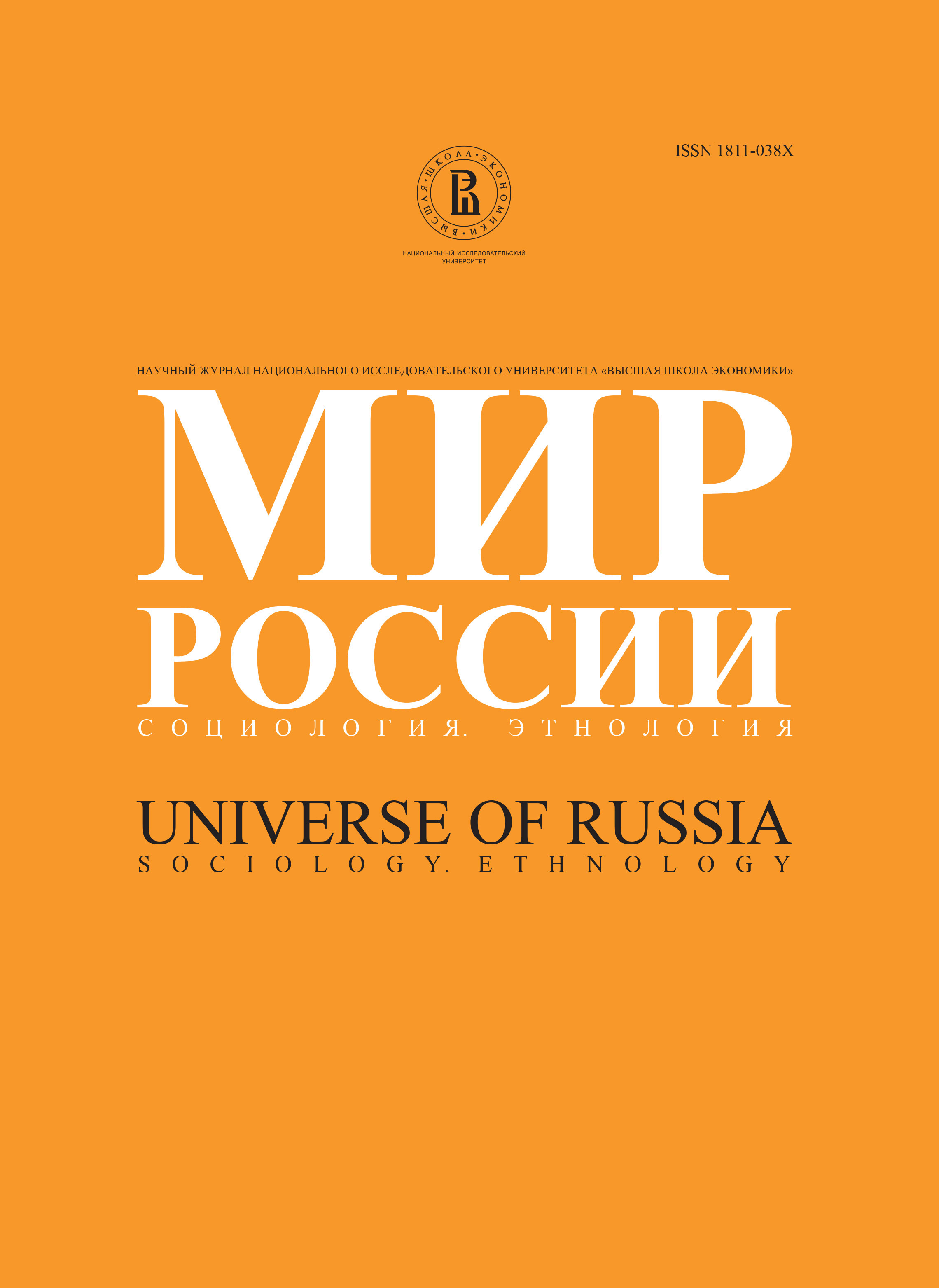Transformations of society and internal characteristics of elite groups
Abstract
The modern social and political life of Russia is characterized by dynamical processes, by large-scale changes in life of various social groups of society. The society , as it is shown by sociologists, is weakly structured. Usual strata with their realized interests and steady political and ideological orientation are absent. By these circumstances the social responsibility of elite groups, their behaviour, system of values thrusted by them to society, obtain the dominant significance.Therefore the study of a social structure and social actions of elite groups attracts attention of researchers. Processes of formation and updating of these groups are accompanied with confrontation in struggle for spheres of influence, occurrence of new interests and contradictions. At the same time updating of. elite groups usually results in greater flexibility of management in society and accordingly in higher satisfaction of the requirements of a time and public development.
The period of transformation is connected with changes in a system of values and social norms. In the period just the actions of elite groups of society more, than in other situation, determine all trajectory of public development. The state of elite groups nowadays represents one of major parameters of condition of society and its prospects. The author makes an attempt of description of modern Russia elite: what is its structure; what are the main features of elite group, what are the tendencies of their change in 1991-1994. Unfortunately, the character of our research has not allowed to consider status characteristics, internal connections and motivations of the elite members.
We has chosen the following definition of elite: it is a set of individuals, possessing authority, making decisions concerning the contents and distribution of main values in society. Those, who in various spheres of activity are on the top of hierarchy, who takes any important privileged positions by virtue of prestige or riches. So we consider political elite group , i.e. that circle of persons executing a state policy or directly, or by virtue of decisive effect on decisions making.
In usual civil society, as a rule, functions of politicians and managers are divided, i.e. are divided political and administrative elite groups. In Russia this division is not present. It is necessary to emphasize, that till August 1991, Russian elite was incorporated, uniform, without independent interests. The members of dominating elite in USSR disposed a unlimited authority in comparison with the political leaders in democratic countries.
The politicians, the generals, higher management, chiefs of so named "public" organisations, upper officials of the political police - all belonged to one strata, entered the so called nomenclature. Between this uniform elite and other population there existed a deep abyss.
То a moment of events of August 1991 there existed groups of interests, whose divergence was connected to a measure of readiness to proceed from a position of a nomenclature official on to a position of a politician in democratic society or a large proprietor or a high rank manager in a market economy.






